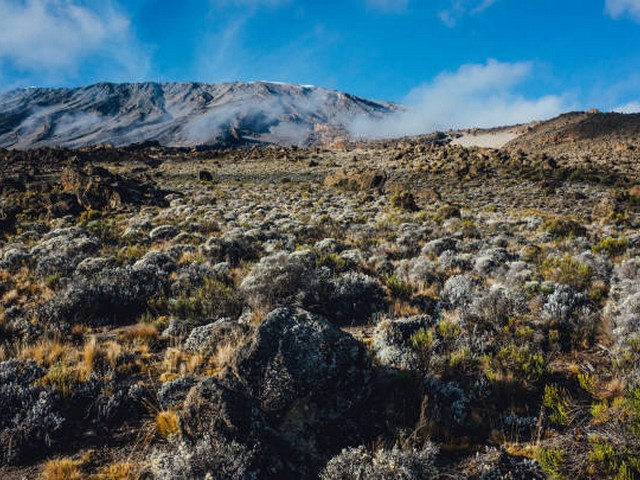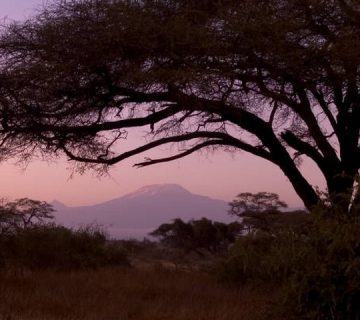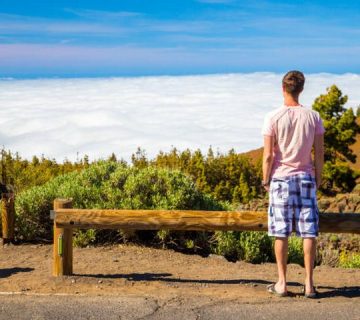Avoiding Dehydration on Kilimanjaro Climbs: Your Key to Safely Conquering the Roof of Africa
Standing majestically as Africa’s highest peak, Mount Kilimanjaro beckons adventurers from all walks of life to conquer its awe-inspiring heights. At Kilimanjaro Centre for Trekking and Ecotourism (KCTE), we’ve guided countless climbers to the summit, witnessing first-hand how the mountain can both challenge and reward. One of the critical challenges faced by climbers is avoiding dehydration—a key to successful ascent. Let’s dive deep into why staying hydrated is paramount and how you can skillfully manage your water intake to enjoy a triumphant and healthy climb on Kilimanjaro.
The Vital Role of Hydration on Your Kilimanjaro Adventure
Understanding Dehydration on High Altitudes
At high altitudes, the air is not only thinner but also less humid. This means your body loses water through respiration and evaporation much quicker than at sea level. As you ascend Kilimanjaro’s diverse climatic zones—from rainforest to arctic conditions—the challenge intensifies. Dehydration on Kilimanjaro can lead to altitude sickness and diminish your physical performance, potentially halting your trek to the summit.
How Much Water Do You Need?
The general recommendation is to drink between 3 to 4 liters of water daily during your climb. However, individual needs can vary based on your physical exertion, weather conditions, and personal health. It’s not just about drinking water; it’s about maintaining a balance that keeps your body functionally optimally.
Practical Tips to Stay Hydrated
Start Hydrated, Stay Hydrated
Begin your hydration efforts even before you step foot on the mountain. Arrive in Tanzania well-hydrated and maintain this in the days leading up to your climb. Think of it as prepping your body for the task ahead.
Pace Your Water Intake
Drinking water at regular intervals is better than consuming large quantities infrequently. Set a drinking schedule, such as half a liter every hour, to ensure consistent hydration. This steady intake helps your body absorb water more efficiently and prevents the discomfort of bloating.
Use Water Supplements
Electrolyte tablets or powders can be a climber’s best friend. They not only replenish essential minerals lost through sweat but also enhance water absorption, keeping you energized and hydrated. Be sure to check for non-caffeinated options, as caffeine can lead to further dehydration.
Monitor Your Hydration Level
Pay attention to your body’s hydration cues. Signs of dehydration include darker urine, decreased urine output, fatigue, dizziness, and dry mouth. Keeping an eye on these can help you adjust your water intake accordingly.
Favor Water Over Other Beverages
While the temptation might be there to reach for a cup of coffee or tea, remember that pure water is your best ally against dehydration. Avoid alcohol before and during your climb, as it is a diuretic and can exacerbate dehydration.
Gear Up: Choosing the Right Equipment for Water Storage
Reliable Water Containers
Invest in high-quality, durable water bottles or a hydration bladder that can withstand the rigors of a Kilimanjaro climb. Insulated bottles are particularly useful in preventing water from freezing at higher altitudes.
Water Purification
While KCTE provides boiled drinking water, carrying additional purification tablets or a portable filter provides an extra layer of safety, ensuring you have access to potable water throughout your trek.
Join KCTE: Your Trusted Partner in Conquering Kilimanjaro
At Kilimanjaro Centre for Trekking and Ecotourism, we not only prepare you for the physical challenges but also arm you with knowledge to tackle hydration and other critical elements of high-altitude trekking. Our expert guides are trained to monitor climbers for any signs of altitude sickness and dehydration, ensuring your journey is safe and enjoyable.
Embark on Your Journey with Confidence
Choosing KCTE means opting for an experienced partner who values your safety and summit success. We offer a range of tailored climbing experiences, from the lush rainforests of the Marangu route to the challenging terrains of the Machame route. Each path promises breathtaking views and personal triumphs, with comprehensive support every step of the way.
Frequently Asked Questions (FAQ)
How can I tell if I’m dehydrated?
Common symptoms include thirst, darker and less frequent urination, fatigue, dizziness, and confusion. It’s crucial to monitor these signs and increase water intake accordingly.
Can I drink directly from mountain streams?
It’s not advisable as water sources on Kilimanjaro can contain pathogens. Always use boiled or treated water provided by your guide or use a reliable water purification method.
Does eating snow help with hydration?
Eating snow is an inefficient way to hydrate and can lower your body temperature. Rely on liquid water for optimal hydration.
Are there refill stations on Kilimanjaro?
KCTE provides climbers with daily water supplies. There are natural water sources along some routes, which should be purified before drinking.
Conquer Kilimanjaro with Hydration Confidence
Embarking on a Kilimanjaro climb is an exhilarating decision. Ensuring proper hydration throughout your journey is not just about reaching the summit; it’s about enjoying every step of the climb with vigor and vitality. At Kilimanjaro Centre for Trekking and Ecotourism, we’re dedicated to making your dream climb a reality, with hydration management as a cornerstone of our strategy.
Are you ready to take on the challenge? Contact KCTE today, and let us guide you to the top with the utmost safety and support. Your adventure awaits, and we can’t wait to be part of your story. Together, let’s touch the sky!
Book your Kilimanjaro climbing adventure with Kilimanjaro Centre For Trekking and Ecotourism (KCTE) today, where your safety and summit success are our top priorities.




